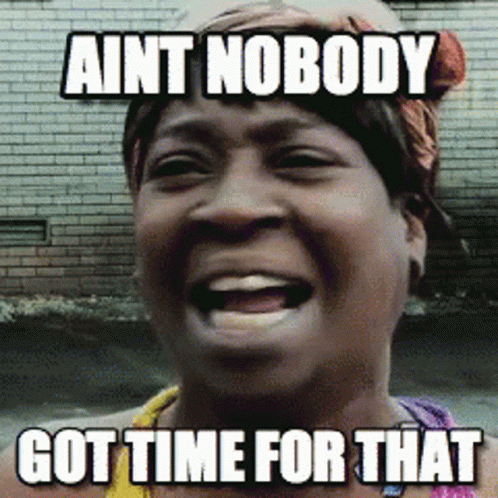Balance of power

The main driver in the organization of our political and economic institutions needs to be Balance of Power.
"The balance of power is the scale of peace." -Thomas Paine
Discussions of power structures in society will center around how to create systems of incentives, checks, and balances, that prevent any one person or group from having significantly more power than any other, as this inherently limits freedom and prevents equal justice.
The goal of this page is to reinforce the importance of having power balances, not to address the ways these are being undermined by current events. These events should serve as a strong reminder of why balance of power is so important.
The Will to Power
Power is a currency made of loyalty and authority, two of our primary moral foundations. As humans, we naturally value and respect these things, since they are essential for regulating our group interactions and allowing us to build working societies. Loyalty and authority are the self-organizing forces that allow for leadership, in-group cohesion, and coordinated group activity. Leaders emerge because their community shows them loyalty and respects their authority. This can be due to past altruistic acts that have earned their respect, or acts of strength and dominance that make people fear what will happen if they don't obey, and excited to punish the disobedient out-group. When enough people respect or fear you more than anyone else in the in-group, boom--leadership.
Like anything, the accumulation of loyalty and authority can be addictive. When it takes the form of earned respect, this addiction is fairly pro-social. When power is sought through fear, the addiction is dangerously authoritarian.
The Authority and Authoritarian pages discuss this aspect of power in more detail.
Opposing Forces
Society is an ongoing struggle between opposing forces. Progressive and conservative, rich and poor, male and female, capital and labor, engineering and marketing, head and heart, nation and other nation. In any of these cases, too much power on one side will erode trust in institutions, consolidate authoritarian power, increase corruption, and limit freedom.
The best results are obtained when these opposing forces work together as a Team of Rivals, bringing their best qualities to the table, and having trust that the balance of power will be maintained.
Let's use the example of regulatory burden. Libertarians and conservatives hate it and want to get rid of regulations. Progressives see their value and tend to look for and propose more regulations, without as much regard to the burden they impose. In a healthy political system they would work together to make regulations as efficient and effective as possible with the least paperwork and cost required to do the job well. However, due to the localized power imbalances allowed through gerrymandering in the US, individual representatives no longer have incentives to make such compromises.
Our political and economic institutions should be structured so that opposing forces in any area are balanced and incentivized to compromise by sharing in the profits of success.
Opposing Philosophies
It can be argued that authoritarian philosophies provide a balance against overly permissive or altruistic tendencies that could make a society vulnerable to bad actors. A significant amount of research in game theory has been dedicated to solving this problem. It could also be the case that we naturally bifurcate, and which direction we go depends on which side of some median line of experience we fall on. There could be genetic predispositions that correlate with authoritarianism. There could be some minimum level of Adverse Childhood Experiences that correlates.
It seems likely that having some minority of the population with more authoritarian leanings is necessary as long as there are other societies where it is the majority. They become the bulwark against aggression. Only once the possibility of such a threat is globally minuscule can these beliefs and institutions be retired.
This section is speculation and food for thought, designed to make you consider whether beliefs you find disagreeable may be providing some necessary balance to your own.
Knowledge is Power
As the saying goes, Knowledge is Power. Throughout history, the powerful have tried to keep knowledge that gives them a strategic advantage in the pursuit of more power out of the hands of the public. Are scientists and academics doing the same thing by not providing a simple metanarrative for the way the universe works?

For many secular people, their personal belief system is the result of many years of study and self-reflection. There were no easy answers that could simply be memorized like you have with scripture. Everything had to be pieced together from the source material, across hundreds of books, tens of thousands of hours of study and deep thought. Why should anyone else not have to go through the same to reach these conclusions?
Most people ain't got time for none of that. They are busy living their lives, raising their families, doing their jobs, ensuring their survival. The idea that only those who have the higher science education necessary to form a modern progressive secular humanist belief system on their own should have access to it is the height of privilege.
Though this is rarely stated outright, it is implied by the refusal of the progressive secular community to offer a comprehensive yet easy to digest summary of this belief system and the conclusions we draw from it, in the common vernacular. A secular version of scripture. Until such a thing exists, the progressive secular humanist metanarrative will continue to be a privilege of the educated elite and hence fail to achieve its egalitarian ideals.
Balance of Reading and Watching
We must give equal time to video lest we give reading too much power.
The US 2.0 series on Hidden Brain makes a very powerful argument for the necessity of diverse political opinions and offers great advice on how to think differently about polarization.